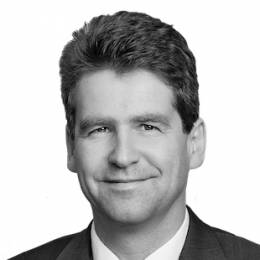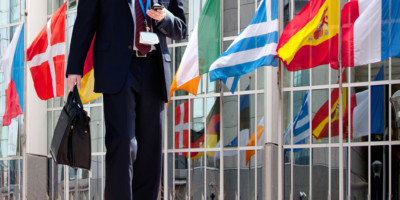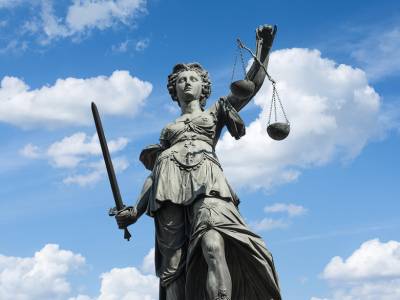-
Germany
Germany – Unfair Competition
17 August 2017
- Trademark and Patents
- Intellectual property
This post is the last of three small articles on the protection of IP rights in Germany. In the first we have already seen how the German Copyright Act protects creative and artistic works and how Design Patents protects achievements in the aesthetic field. In the second we focused the attention on Trademarks, Patents and Utility Patents, in order to verify how to best protect names, signs and technical inventions.
In this post we will concentrate on how the Act against Unfair Competition grants protection against unfair practices in the course of the business and the main procedural aspects of the IP claims in Germany.
Unfair Competition Law
The Act against Unfair Competition outlaws unfair practices in the course of business by a respective general clause. A number of specific practices are explicitly listed in the Act, in particular misleading advertising and other deceptive practices, psychological pressure, destructive competition and the unfair exploitation of work results (but only under special circumstances). The breach of law can also constitute an unfair practice, provided that the practice is aimed at gaining an unlawful advantage over competitors.
Unfair practices are not controlled by a state authority, but can be prosecuted by any competitor. In addition, private associations which exist for the promotion of commercial or of independent professional interests and qualified entities that are entered on a list of the Injunctions Act or on a list of the EU Commission for the protection of consumer interests may prosecute unfair practices.
Unfair Competition Law is partly harmonized within the EU by a Directive dealing with unfair practices against customers.
Procedural aspects
In German practice, most of the unfair competition and intellectual property claims follow the same pattern:
In case of a suspected infringement, the claimant usually sends a warning letter to the violating party, asking for a cease and desist statement that must be enforceable by a contractual penalty. If the allegation is true, the violating party has to bear the lawyer’s costs for the warning letter.
If the violating party refuses such a statement, the claimant can apply for a temporary injunction. Such an injunction will be granted by the court if the claimant can establish the claim and the urgency of the matter. In practice, the urgency is assumed, if the application has been filed within a short time frame after the applicant became aware of all relevant facts. However, there is no statutory time limit. Some courts deny urgency after more than one month, while other courts consider two months or even more as acceptable.
The addressee of a warning letter should always check the legal allegations and react within the time limit given, otherwise the risk of a temporary injunction without oral hearing is comparatively high. Such a court decision can be very detrimental, as most of unfair competition and intellectual property claims are finally decided or settled in injunctive proceedings.
If a temporary injunction is granted and the violating party does not appeal against the judgement, the claimant usually asks for a termination letter. During this stage, the matter can be settled, otherwise a regular lawsuit will follow.
While a temporary injunction is usually raised to prevent further infringements or the repetition of an unfair practice, the main proceedings can also cover remedy, damage, disclosure and account claims.
An important advantage for the plaintiff is his right to choose the venue. Usually he has the choice between the domicile or seat of the defendant and all places where the infringement or unfair practice has been committed. In particular in internet cases, this can be all over Germany.
Most of the German member states have established special courts and chambers for Intellectual Property and unfair Competition Law. Therefore the quality of decisions in this field of law is usually comparatively high.





















